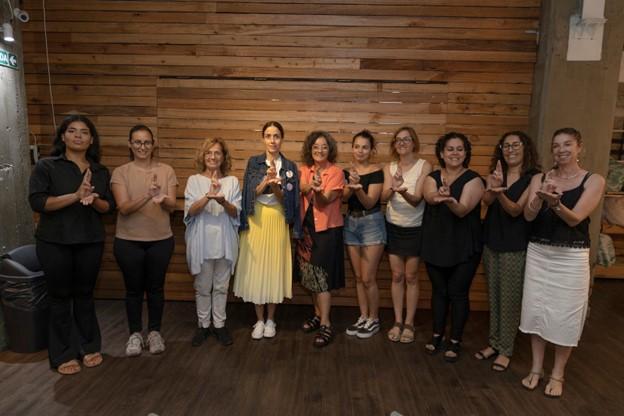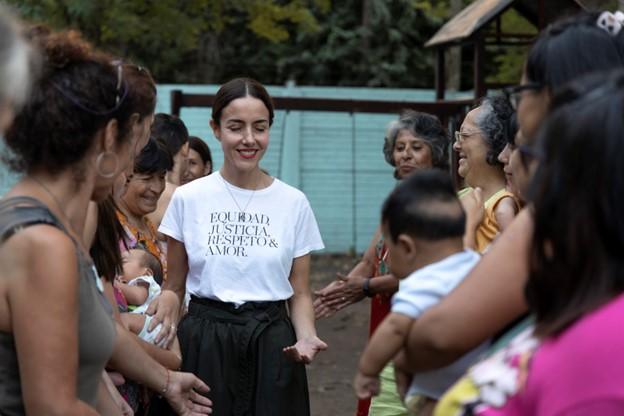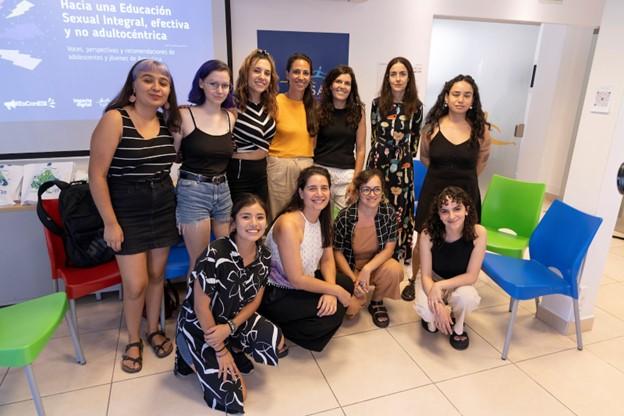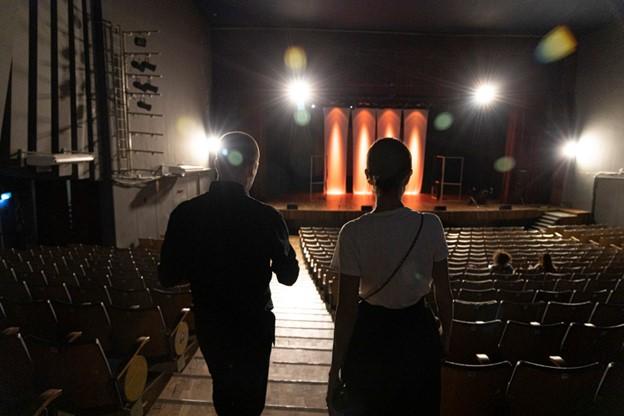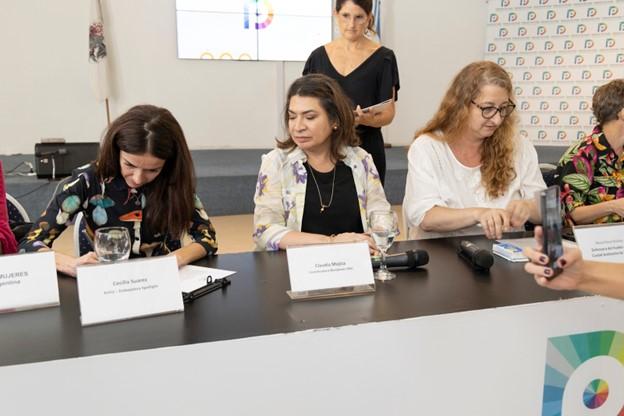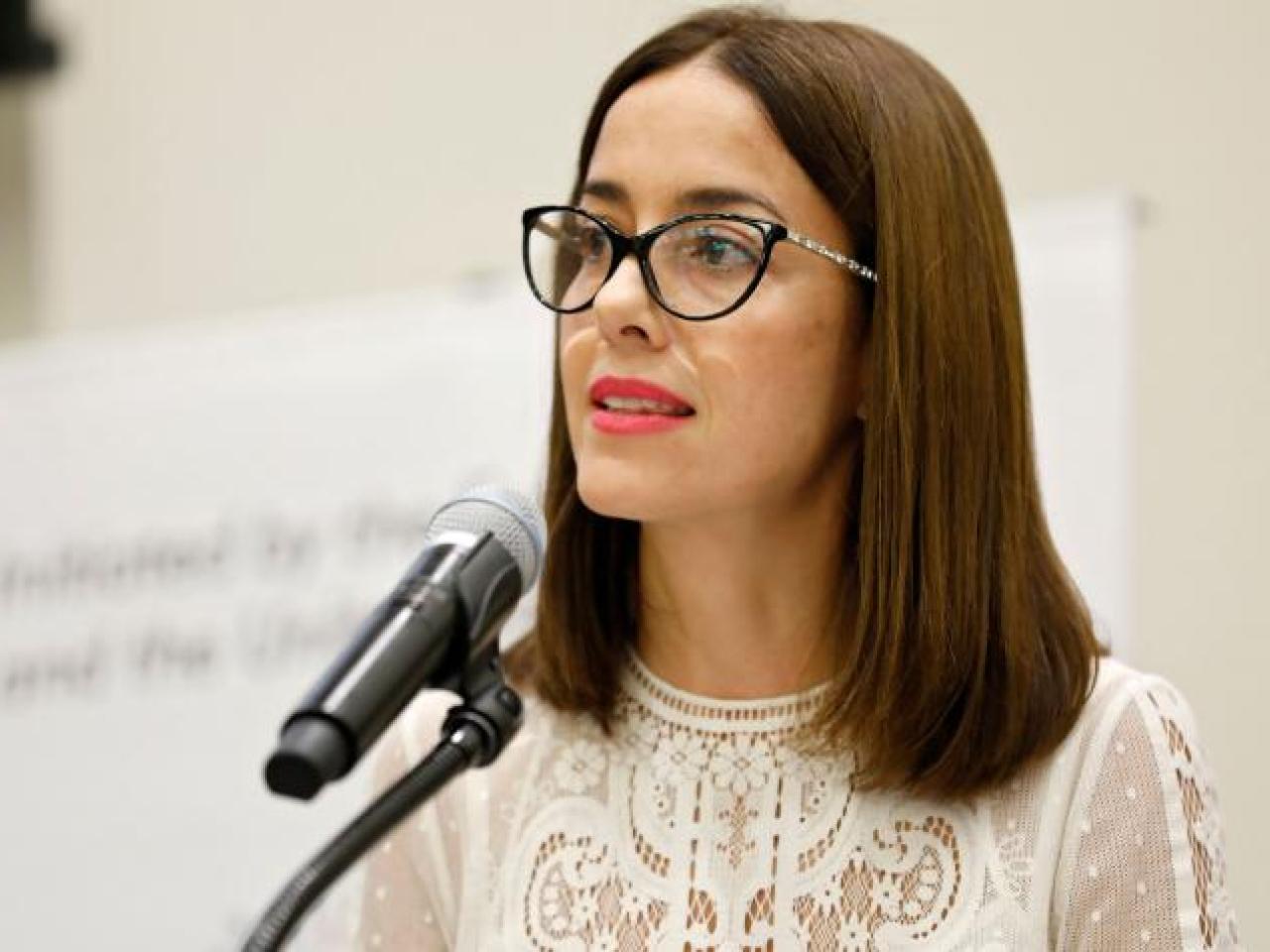“Powerful, breathtaking, inspiring” – UN Advocate for the Spotlight Initiative Cecilia Suárez on the gender-based violence activists who give her hope
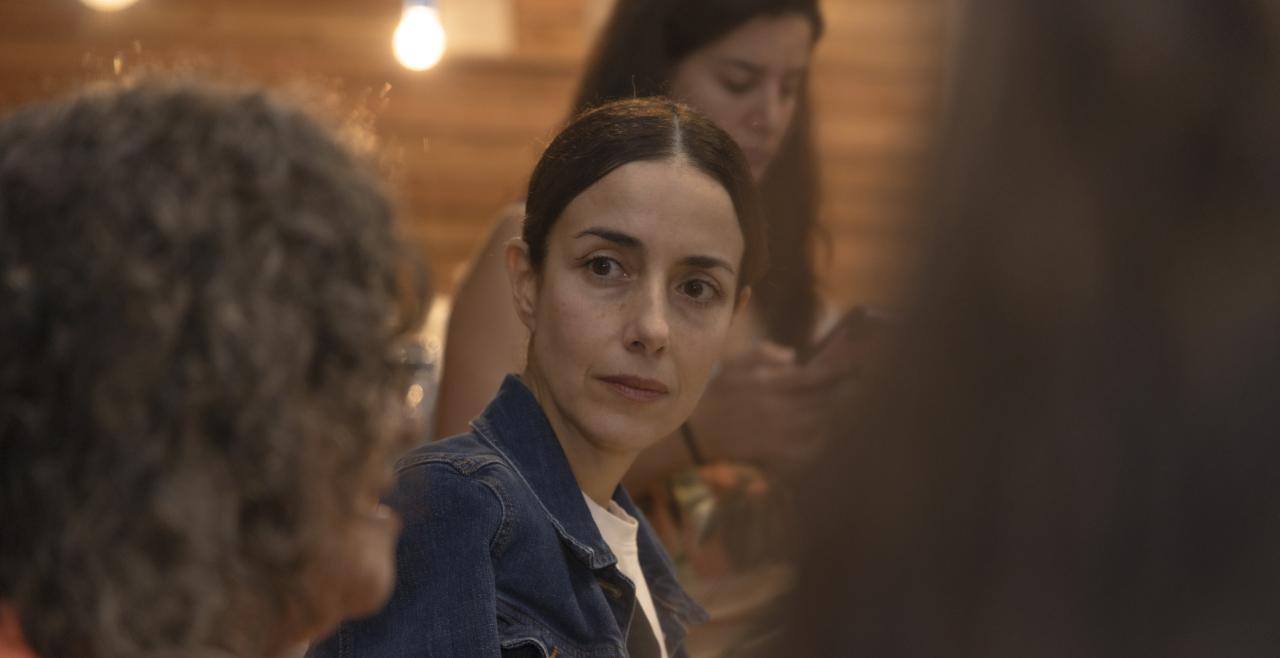
BUENOS AIRES, Argentina - Award-winning actress Cecilia Suárez was appointed a UN Global Advocate for the Spotlight Initiative in July 2020, but she has long used her voice to raise awareness about violence against women and girls. In March, she travelled to Argentina to meet the people who are working with the Spotlight Initiative to make the world safe for women and girls. Over the course of five days, she met and spoke with survivors, civil society activists and organizations, government officials, UN agencies and the European Delegation to hear about what is being done to improve the lives of Argentinian women and girls.
What is one new thing you learned on this trip?
There are many new things! Just from today – I did one visit today that was eye-opening, which was to hearing-impaired women against violence (Sordas Sin Violencia). All the circumstances that surround this particular group of women are so unknown to many of us, it makes me so happy to know that Spotlight is working beside them to create a culture that allows us to look at and include them in a more active way, on a day-to-day basis.
What gave you hope about ending gender-based violence?
For sure the visit to the [women's and children’s] shelter outside the city of Buenos Aires. My favourite part of coming on this mission is being on the ground and listening to the women who are reconstructing themselves and the people who are actively working on the ground. Being next to them, listening to their stories was very, very powerful.
What was one of the most inspiring conversations you had?
I’ll mention two: Listening to all the young people working on comprehensive sexuality education with the organization #EsConESI was inspiring and breathtaking; it just gives you hope.
The other moment that was very touching for me was at the shelter, a conversation I had with a survivor who had clearly understood how this problem was not going to affect her daughter because she had undergone the entire process of getting out [of a violent relationship] and rebuilding herself. That [work she had done] was going to have an impact on another life, her daughter’s life. That was huge.
How can the arts help us to think differently about gender-based violence?
The arts - and I hate to say it because I’m an actress, but it’s true - are a mirror to what we go through. They are being used as a tool for women to see themselves, to see their reality, to see that it doesn’t happen just to them. It’s a powerful tool that gets to them in a deeper way than someone having a dialogue with them. Art has the ability to touch your heart, not just your brain, and when those two areas are talking to each other, the understanding is deeper.
What is one moment or person that moved you?
There were so many of them but the signing of the Letter of Commitment against Digital Gender Violence [a joint consensus signed by UN agencies, international human rights organizations, academic institutions and women's social organizations to address online violence], because the variety and the huge spectrum of violence that is being perpetrated in the digital world, is appalling and endless. We have an immense challenge in that area. The more we talk about it, the more we can find ways and solutions out of that reality. I think that is urgent and, in that sense, a very important moment.
Read the summary of media coverage from the visit.
Interview has been edited for length and clarity.

